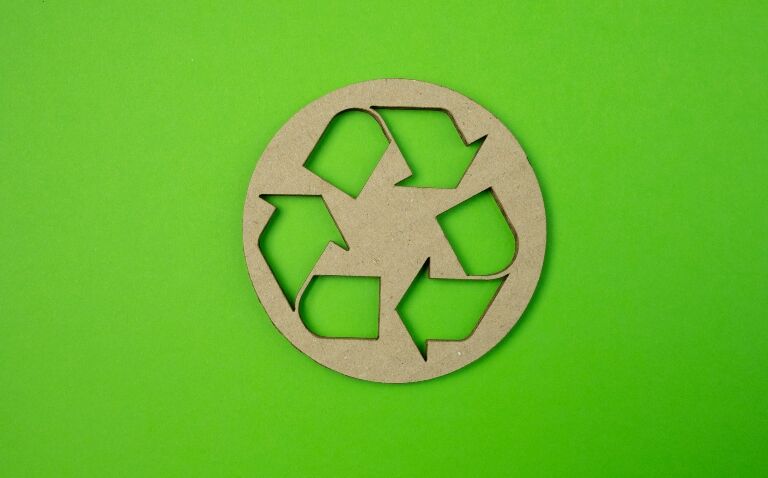A new sustainability project aiming to reduce the waste being incinerated in operating theatres by 215kg a year is being launched by University College London Hospitals NHS Foundation Trust (UCLH).
In an NHS first, the project focuses on recycling packaging from single-use surgical items and will enable both metal and plastic components from suture foil packaging to be collected, sorted, and repurposed into new products.
Specially designed recycling bins that reduce the potential for contamination – and are made from recycled plastics themselves – will gradually be rolled out across the trust.
UCLH sustainability lead, Joe Burton, said: ‘This is a great way for UCLH to reclaim valuable materials such as metals as well as giving plastics a new lease of life, whilst generating CO2 savings compared to incineration or taking items to landfill.
‘Whilst only a small change, this project is a fantastic example of one of our suppliers taking responsibility for its waste. We hope this sets a precedent for others to follow suit as well as opening conversations amongst our staff.’
Steve Carrie, director of the waste management and recycling company MYGroup, which is delivering the project alongside the trust and partners Johnson & Johnson MedTech and Resourcify, said the initiative ‘will deliver a significant and lasting contribution to the NHS’ waste targets – particularly in diverting a large proportion of plastic from incineration’.
Once separated and sorted at MYGroup, the plastic waste will be converted into materials used for construction, shop fitting and joinery, as well as a wide range of products, from chairs and tables to storage boxes. The metal will be smelted back into aluminium for recycling into new products.
Sustainable switchovers
Widening its sustainability efforts, UCLH has also announced its commitment to replacing single-use hats with named reusable fabric hats for staff working in operating theatres.
Funded by the UCLH Charity, staff members will receive their own personal supply of hats displaying their name and job title, along with a net bag to wash them in at home.
As well as having sustainability benefits, the named hats will make identification easier within the theatre, as well as improving patient safety and experience, UCLH said.
The trust hopes that this move will also help to reduce the carbon footprint associated with the purchase and disposal of single-use theatre caps, which is estimated at over 9,000kg of carbon per year. It will also reduce costs by up to £32,000 per year, they added.
Dr Laura Elgie, consultant anaesthetist at UCLH, said: ‘There is evidence that communication between theatre team members improves when names and roles are easily visible. Plus, the move to personalised hats will also make it easier for patients to identify who they are talking to, which supports a better patient experience overall.’
And since launching its Gloves Off initiative in May 2023, the trust has saved over half a million non-sterile blue gloves from landfill, preventing around 15 tonnes of carbon from entering the atmosphere – equivalent to driving 40,000 miles in an average petrol car.
The project, which has also seen cost savings to date of £50,000, has been well received across the trust, and the sustainability team has been approached by The Royal Melbourne Hospital in Australia to discuss the implementation of a similar project.
In November 2023, a landmark report on reducing the environmental impact of surgical care while maintaining high-quality patient care was published by the UK Health Alliance on Climate Change, Brighton and Sussex Medical School and the Centre for Sustainable Healthcare.
This came shortly after a new platform to digitally empower hospitals and healthcare leaders to drive sustainable, low-carbon, equitable and resilient healthcare was launched by the International Hospital Federation’s Geneva Sustainability Centre.










